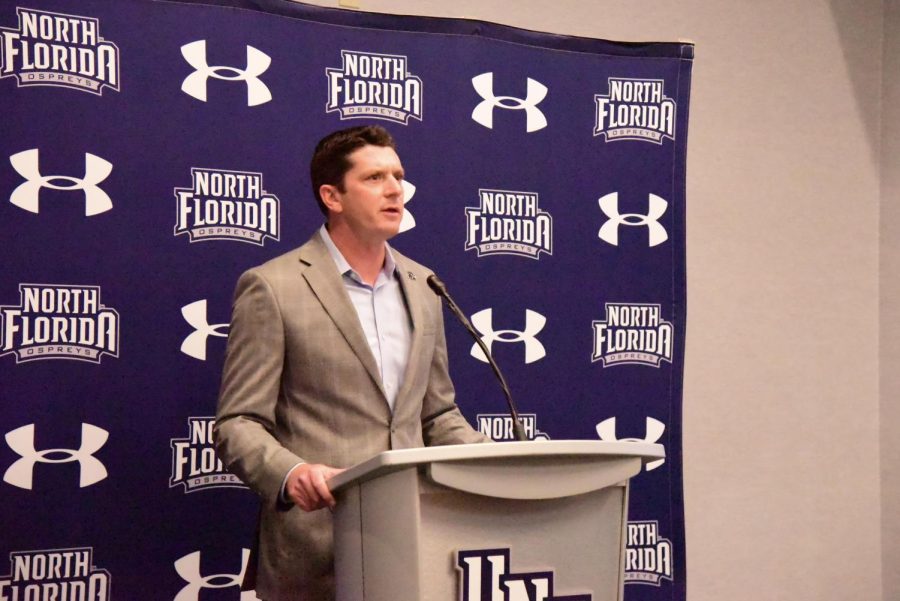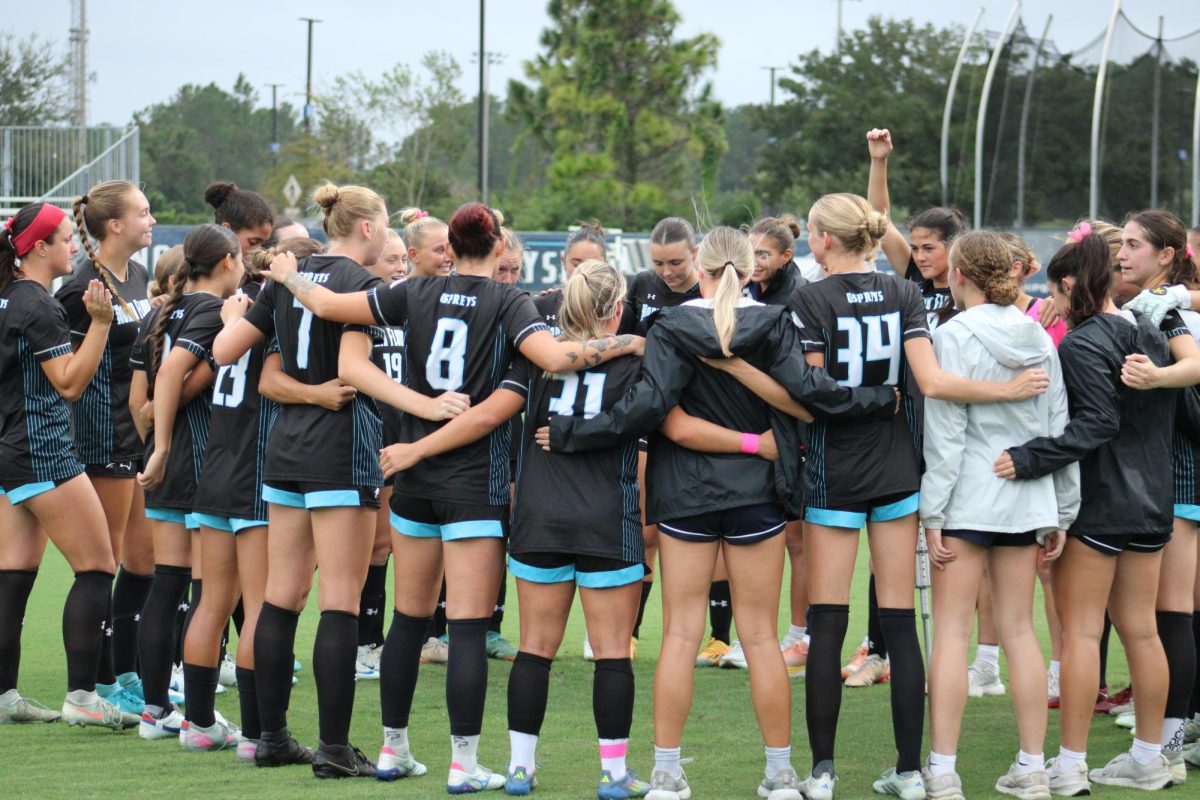The Higher Education Committee of the Florida Senate approved Gov. Charlie Crist’s plan Feb. 18, which gives each state university the ability to raise tuition up to 15 percent per year.
The plan will allow the six remaining state universities that are not already on the differential tuition program, including UNF, to control the tuition price.
“It gives the local universities more authority to set tuition, which allows them to take into account their market,” UNF President John Delaney said. “Because of budget cuts, there is simply a need for increased revenue, and the question is, ‘What can the market bear?’”
But, there is one noticeable difference between the plan Crist proposed and the one passed by the committee: Students who enrolled before July 1, 2007 will not be affected by the tuition increases.
The Florida university system has the lowest in-state tuition rates in the U.S., and Florida schools need to be able to compete with other states in attracting professors, said Shari Shuman, vice president of Administration and Finance.
“The tuition increases will help us support a high quality of education and will help keep the student to faculty ratio down,” she said.
But Delaney said there could be a stark disparity between state university’s tuition levels due to this plan.
UNF’s academic reputation has grown immensely in the last decade, and UNF regularly competes with schools like UF for students with high GPA’s and SAT scores, he said.
The fact that UF is already on the differential tuition plan and is likely to continue raising its tuition price will also become a factor to students, Delaney said.
Although schools like UF will have more resources to attract students, a more expensive school does not guarantee a better education, he said.
Delaney also commented on the possibility that the plan could price low-income students out of the market.
“It will make it more difficult for poorer students to attend a state university, which is why the governor mandated 30 percent of the tuition increase go towards need based assistance.”
E-mail James Cannon II at asst.news@unfspinnaker.com.















